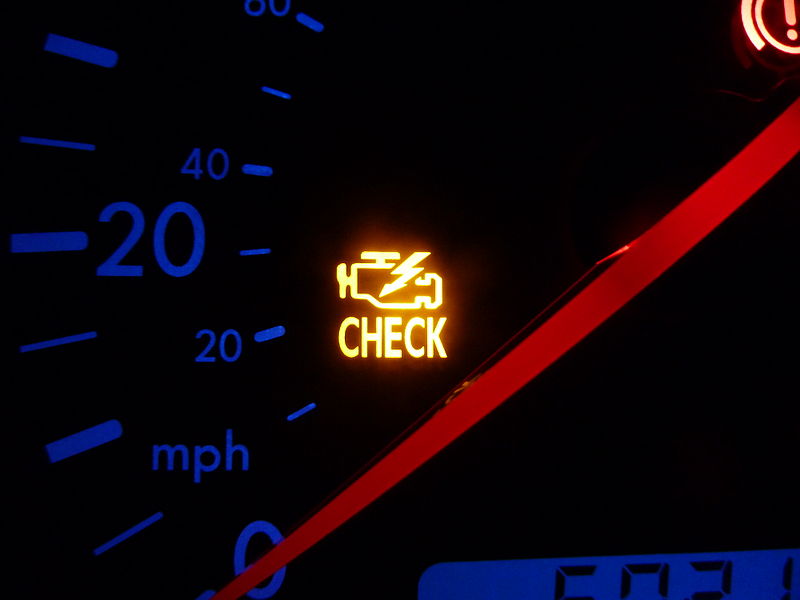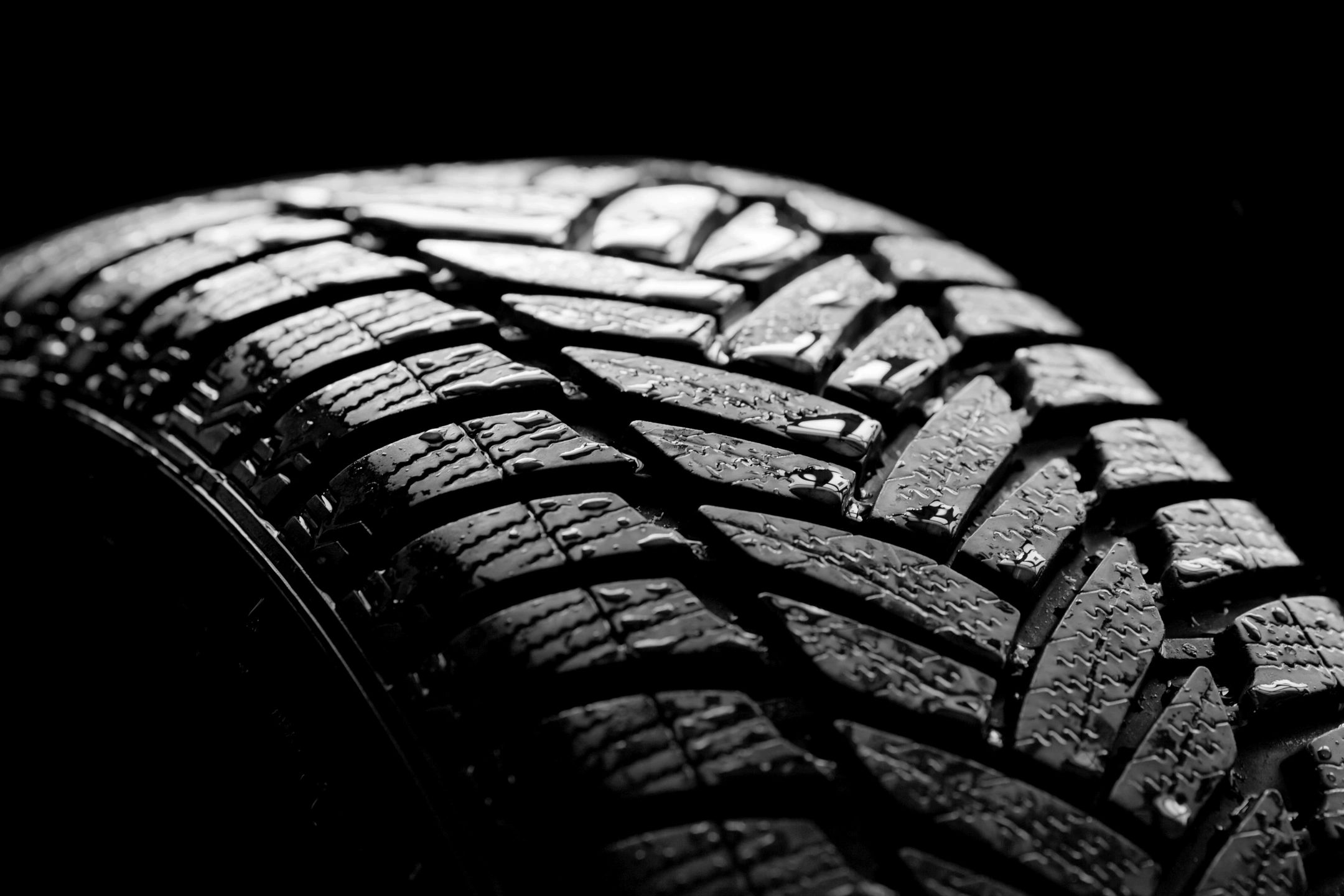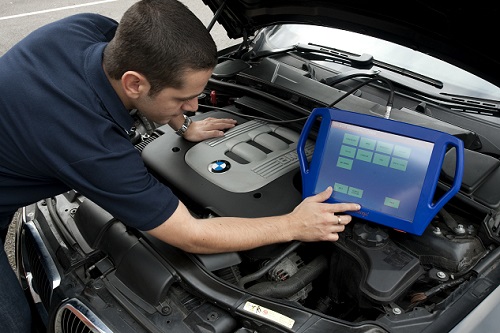As a Colorado Audi owner, it is not uncommon to notice the check engine light (CEL) turning on from time to time. The question is, why does it keep happening? Is it something minor, or should you be concerned? As auto mechanics, we’ve come across this issue countless times, and in this blog post, we’ll be breaking down the reasons behind why your Audi’s CEL is always turning on.
Reason #1 – Failed Oxygen Sensor
One of the most common reasons that your Audi’s check engine light is turning on is due to a failed oxygen sensor. This small sensor is responsible for measuring the amount of oxygen in your vehicle’s exhaust. When it fails, it sends incorrect readings to your car’s computer, making it question whether your vehicle is working efficiently.
Reason #2 – Loose Gas Cap
This may seem like a minor issue, but it can cause your Audi’s check engine light to come on. When your gas cap is loose or damaged, it can trigger a leak in your car’s fuel system, which can cause your vehicle to fail an emissions test.
Reason #3 – Malfunctioning Mass Airflow Sensor
The mass airflow sensor is responsible for monitoring the amount of air that enters your vehicle’s engine. When it fails, it sends incorrect readings to your car’s computer, causing your vehicle to run inefficiently and decrease overall performance levels.
Reason #4 – Bad Spark Plugs or Ignition Coils
Your car’s spark plugs and ignition coils work together to ignite the air/fuel mixture in your engine. If either of these components fails, it can cause your Audi to misfire, resulting in a rough idle, reduced fuel economy, and ultimately, a check engine light.
Reason #5 – Faulty Catalytic Converter
Finally, a faulty catalytic converter can also cause your Audi’s check engine light to come on. This component is responsible for converting harmful gas pollutants into less harmful substances. When it fails, your Audi’s emissions will be higher than normal, resulting in your CEL coming on.
In conclusion, there are a variety of reasons why your Audi’s check engine light may be turning on. If you notice it happening frequently, don’t ignore it. Instead, bring your vehicle to a trusted mechanic who specializes in Audi repairs to diagnose and repair the issue promptly. By doing so, you can ensure that your car continues to perform at its best and that you avoid any potential safety issues down the line.

About Your Blog Post Author - Autoworks Colorado

Autoworks offers over 25 years of experience and an established reputation for quality service at an affordable price. We emphasize on personal attention and treat all of our clients like our own family. If you have a German import, we know how to fix it! We are a full service independent auto repair shop for all makes of German cars. Using only original equipment parts, we love what we do and we will get you back on the road in no time!
More From Our Blog
The Pros and Cons of Using Studded Snow Tires with AWD
For those who drive in winter conditions, especially in snowy Colorado, the decision to equip your German AWD vehicle with studded snow tires is an important one. Drivers naturally want the best balance of performance and safety, which can make navigating icy roads a real challenge. In this [...]
Most Common Reasons for a Check Engine Light in a BMW
One thing that can put a damper on your driving experience is seeing the dreaded check engine light illuminate on your dashboard. While it may be tempting to ignore it or simply reset the light, understanding the most common reasons for a check engine light in your BMW [...]
How Tariffs Could Affect the Cost of Repairing German Vehicles
If you drive a German-engineered vehicle like a BMW, Audi, Mercedes-Benz, Porsche, or Volkswagen, you likely chose it for its performance, precision, and long-term reliability. But as international trade tensions heat up, recent tariffs imposed on imported parts and raw materials could have a direct impact on your [...]
5 Ways to Increase the Performance of a German Car
If you are a proud owner of a German car in Colorado, you know that these vehicles are known for their high performance and quality engineering. However, there are always ways to enhance the performance of your German car even further. In this blog post, we will discuss [...]




